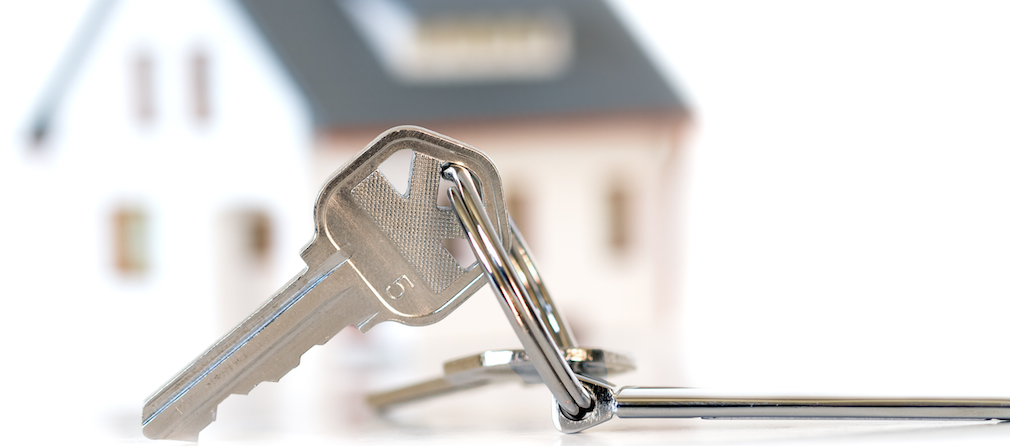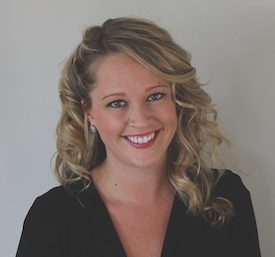For many, retirement goals include travel, leisure and, apparently, homeownership. According to a recent study by Voya Financial, 85% of non-retirees said they want to own their own home in retirement.
While about a third of the survey respondents who were not yet retired said they have a mortgage balance, 80% said they were confident they could pay it off before retiring.
But survey results show this might be a bit optimistic. More than a quarter of retired respondents said they still had a mortgage, and over half of this group had a balance of $50,000 or more.
While owning a home in retirement has its benefits, like tax breaks and access to equity, it could come with a downside, too.
Also, as Maurie Backman pointed out in an article for the Motley Fool, rising property taxes could be an issue.
“There's one huge drawback to owning property in retirement, and it's committing yourself to a variable expense while living on a fixed income,” Backman wrote. “Even if your mortgage itself is paid off by the time you enter retirement, you'll still have property taxes to contend with. And those have a tendency to rise over time, even during periods when home values don't follow suit.”
Homes can also be expensive to maintain, and if you plan to stay there for the long haul, you may have to finance some renovations to ensure the home meets your needs as you age. On top of that, homeowners have to be prepared to shoulder the expense of unexpected, sometimes costly repairs, an issue renters won’t have.
“And there lies the danger of owning a home in retirement,” Backman wrote. “You just don't know what to expect.”
The need for an additional source of income coupled with a desire to stay in their home leads many older homeowners to take out a reverse mortgage.
Reverse mortgages, also called Home Equity Conversion Mortgages or HECMs, are government-insured loans that allow homeowners 62 and older to tap into their home equity. Experts say that these loans can make sense for certain people who want to stay in their homes, because a reverse mortgage eliminates the homeowners' monthly mortgage payment and grants them access to cash that can bolster their income in retirement.
While public perception of these loans is clouded, some experts say they deserve a second look and might eventually become an important part of the retirement income puzzle.
It should be noted though that the rules around reverse mortgages recently changed. Last year, the Department of Housing and Urban Development and the Federal Housing Administration, which are responsible for the vast majority of the reverse mortgages, issued new HECM rules that led to a decline in reverse mortgage volume.
But with a growing population of older homeowners wanting to stay in their homes, it's entirely possible that the decrease in reverse mortgages could very well reverse itself.






